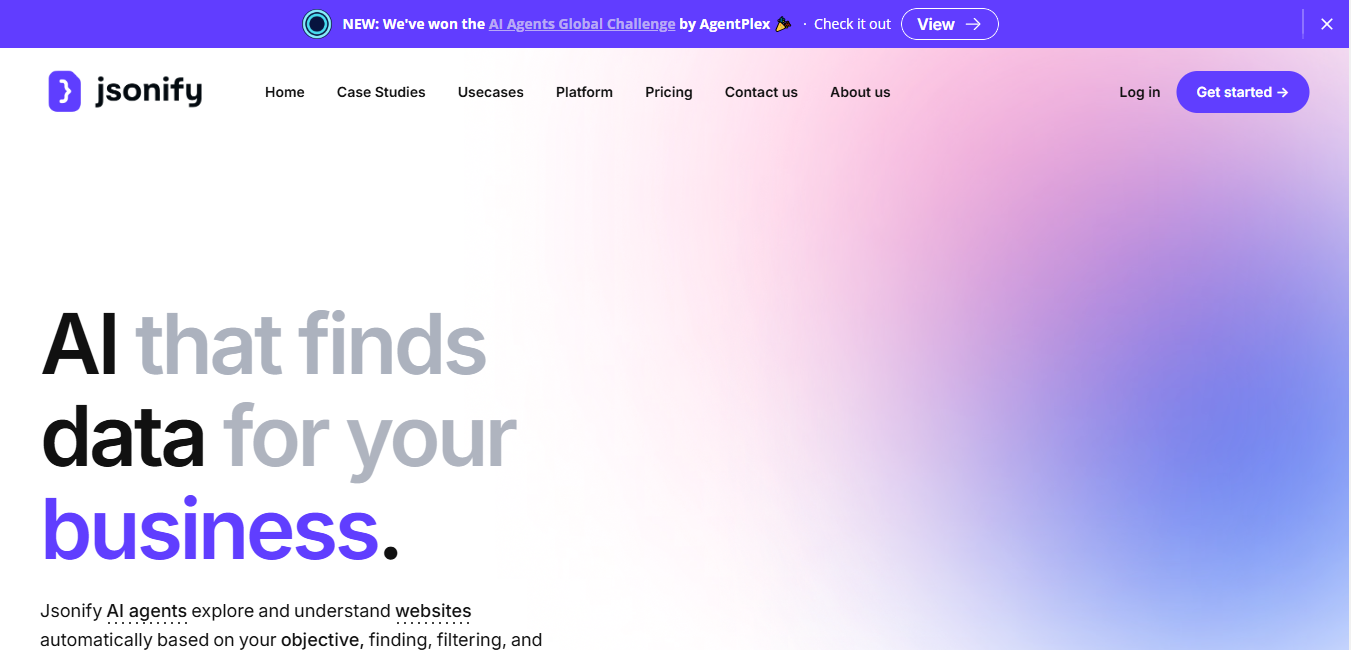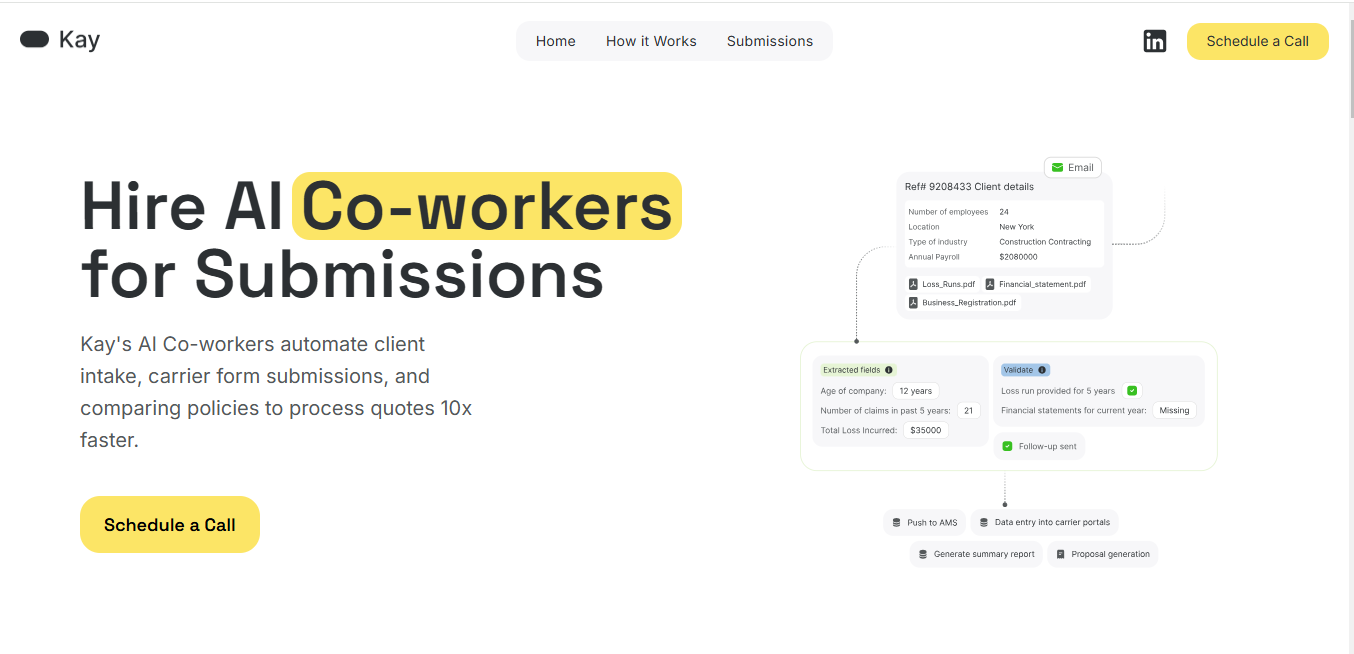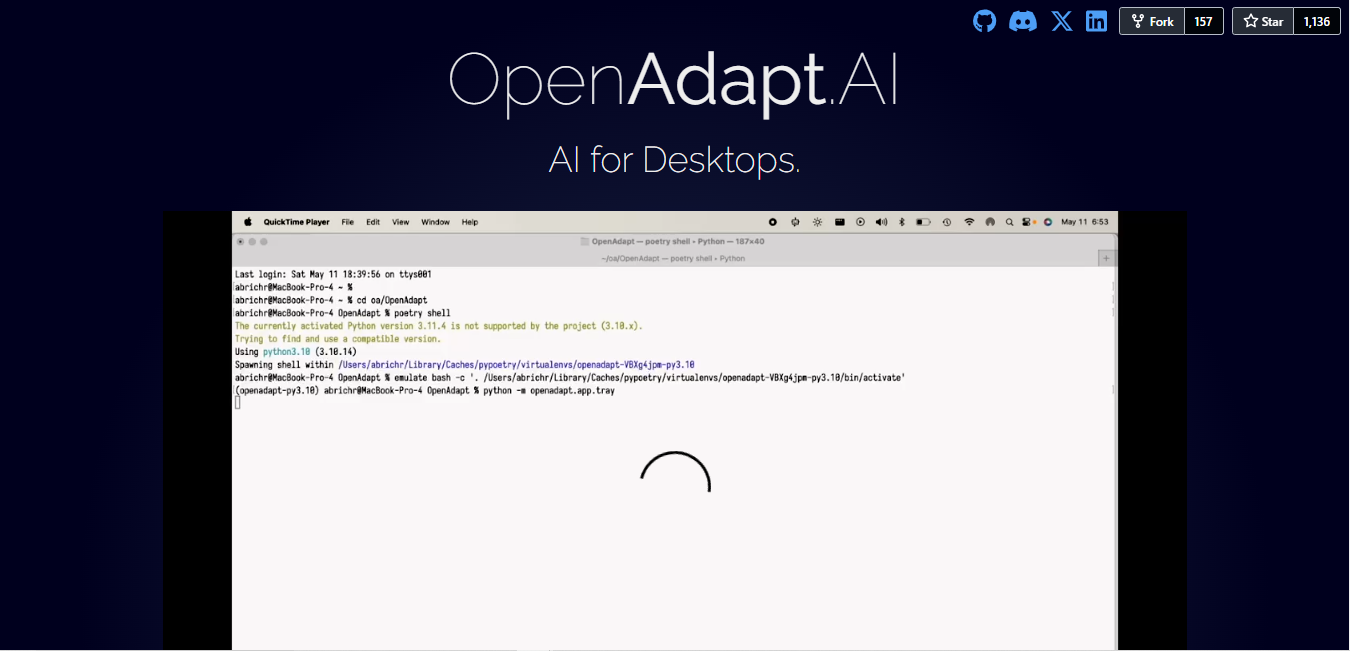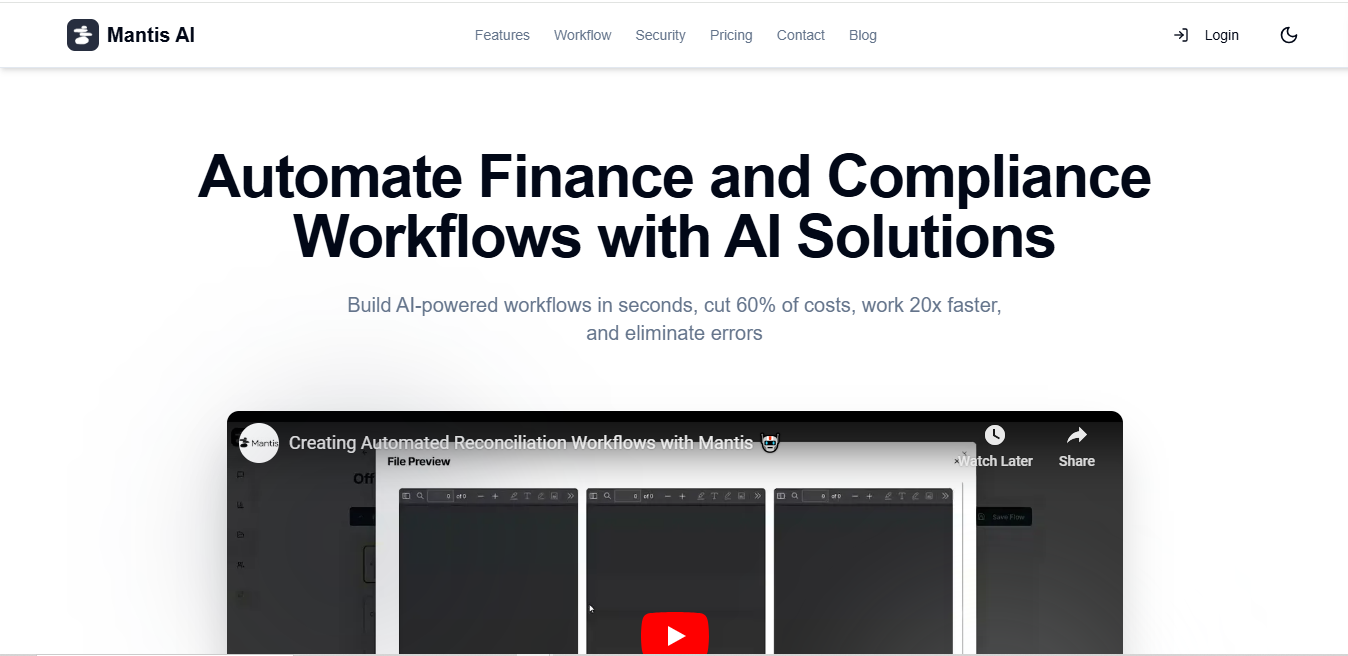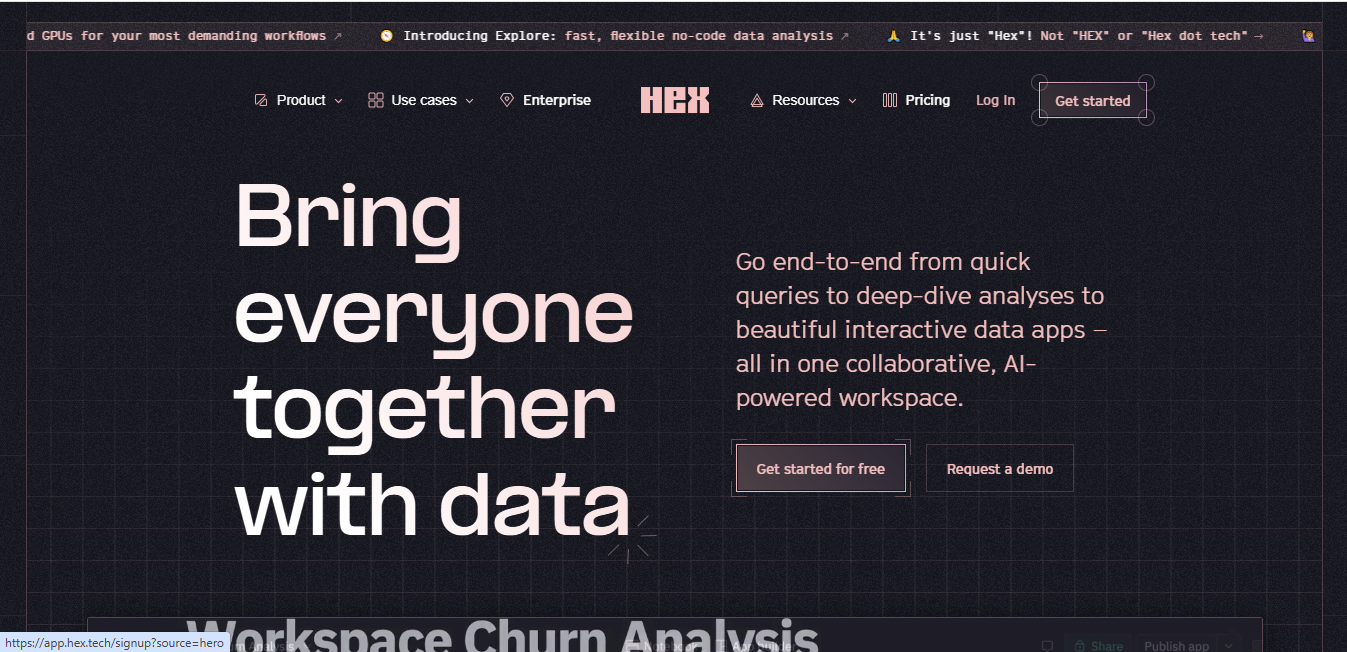
Databricks Lakehouse Platform
What is Databricks Lakehouse Platform?
Databricks Lakehouse Platform is a unified data analytics solution that combines data lakes and data warehouses. It helps organizations manage, process, and analyze massive amounts of structured and unstructured data while supporting AI and machine learning workloads.
Top Features:
- Delta Lake Integration: built-in data reliability with ACID transactions and schema management.
- Unity Catalog: centralized governance system for data, AI assets, and security controls.
- Multi-language Support: native support for SQL, Python, R, and Scala in one environment.
Pros and Cons
Pros:
- Data Management: unified platform eliminates data silos and simplifies analytics workflows.
- Performance: optimized query processing and automatic cluster scaling for big data workloads.
- Integration: works smoothly with major cloud providers and popular analytics tools.
Cons:
- Learning Curve: complex interface requires significant time investment to master.
- Cost: pricing can be high for small organizations and projects.
- Setup Process: initial configuration and deployment can be time-consuming.
Use Cases:
- Data Engineering: building and maintaining large-scale data processing pipelines.
- Machine Learning: developing and deploying AI models at scale.
- Business Intelligence: performing complex analytics on enterprise data.
Who Can Use Databricks Lakehouse Platform?
- Data Teams: engineers and scientists working with big data analytics.
- Enterprises: organizations handling large volumes of data across multiple sources.
- ML Practitioners: professionals building and deploying machine learning models.
Pricing:
- Free Trial: 14-day trial with full platform access.
- Pricing Plan: consumption-based pricing varies by computing resources and features used.
Our Review Rating Score:
- Functionality and Features: 4.8/5
- User Experience (UX): 4.2/5
- Performance and Reliability: 4.7/5
- Scalability and Integration: 4.9/5
- Security and Privacy: 4.8/5
- Cost-Effectiveness: 4.0/5
- Customer Support and Community: 4.3/5
- Innovation and Future Proofing: 4.7/5
- Data Management and Portability: 4.6/5
- Customization and Flexibility: 4.5/5
- Overall Rating: 4.6/5
Final Verdict:
Databricks Lakehouse Platform stands out for its unified approach to data management and analytics. Despite its steep learning curve and cost considerations, it's an excellent choice for organizations serious about data-driven innovation and AI implementation.
FAQs:
1) How does Databricks Lakehouse differ from traditional data warehouses?
It combines data lake flexibility with warehouse structure, supporting both structured and unstructured data while maintaining ACID compliance.
2) What programming languages does Databricks support?
The platform supports SQL, Python, R, and Scala, allowing users to switch between languages within the same notebook.
3) Is Databricks suitable for small businesses?
While powerful, it may be overscaled for small businesses due to its cost and complexity. It's better suited for medium to large enterprises.
4) How secure is Databricks Lakehouse Platform?
It provides enterprise-grade security with Unity Catalog, role-based access control, and encryption at rest and in transit.
5) Can Databricks handle real-time data processing?
Yes, it supports both batch and streaming data processing through Apache Spark integration and Delta Lake capabilities.
Stay Ahead of the AI Curve
Join 76,000 subscribers mastering AI tools. Don’t miss out!
- Bookmark your favorite AI tools and keep track of top AI tools.
- Unblock premium AI tips and get AI Mastery's secrects for free.
- Receive a weekly AI newsletter with news, trending tools, and tutorials.


